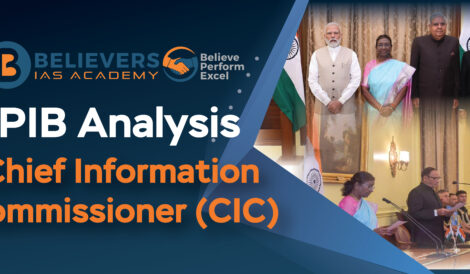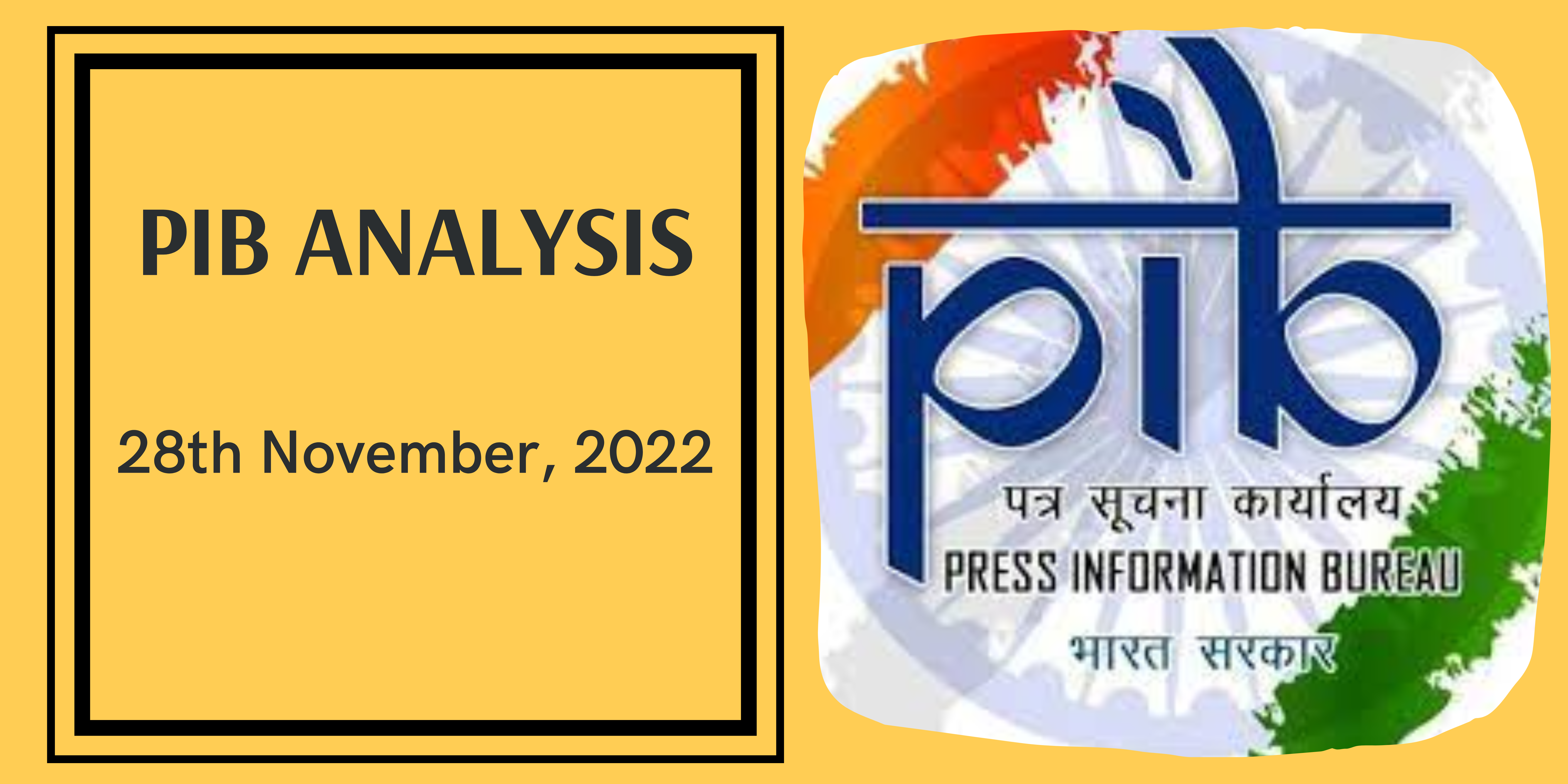A crisis of academic ethics in India
Context:
India has long been recognized as a formidable force in the realm of intellectual pursuits and scientific research. From groundbreaking contributions like Bose-Einstein statistics, the Raman effect, the Ramachandran plot, to the Raychaudhuri equations, the nation has left an indelible mark on the 20th-century scientific landscape. The recent implementation of a new National Education Policy and India’s leadership in the G20 have positioned it to seize a prominent position on the global stage.
Relevance:
GS – 02 (Education, Human Resource, Government Policies & Interventions)
Prelims:
- Academic Freedom Index Report
- Global Public Policy Institute
- Academic Freedom
Mains Question:
Discuss the challenges posed by unethical academic practices in India and their potential impact on the nation’s research prominence. Suggest measures to foster a culture of ethical conduct in the academic sphere. (250 words)
Dimensions of the Article:
- Absence of an Ethical Code
- Data Manipulation and Plagiarism
- Authoritarian Behavior and Bullying
- Impartial Investigation and Conflict of Interest
- A Poor Image
Absence of an Ethical Code
- A cursory glance at the websites of most academic institutions in India reveals a glaring absence of an ethical code and robust investigation procedures to address misconduct allegations.
- A few exceptions, such as the Council of Scientific and Industrial Research’s guidelines and some bio-ethics codes, are commendable but hardly the norm.
- Proposals for ethical training modules for students and faculty have fallen on deaf ears. Institutions, upon being alerted to data manipulation or sexual misconduct within their ranks, respond with vague promises but take no concrete actions.
- While a handful of institutions have taken principled stands, their efforts seem futile against the broader academic community’s indifference.
- Despite a draft National Policy on Academic Ethics circulated by the Principal Scientific Advisor years ago, formal approval remains elusive.
Data Manipulation and Plagiarism
- Two major ethical challenges that afflict academia are data manipulation and plagiarism. Advancements in software have made these transgressions increasingly convenient, even as journals implement more stringent checks.
- When confronted, wrongdoers often shirk responsibility, blaming the prevalence of such practices within their institutes. Students, too, might be at fault, but they are not the ultimate authority.
Authoritarian Behavior and Bullying
- The issue of authoritarian behavior among those in power plagues the academic landscape. Recently, the President of Stanford University resigned after his old papers faced scrutiny in a student magazine.
- In India, however, the magazine editor would likely be the one facing repercussions instead. Bullying by mentors is also a documented problem. One guide resorted to threats and collected fines from PhD students for minor infractions, creating a hostile environment. When a student dared to complain, she faced a counter-complaint by the guide, leading her to abandon her aspirations and pursue opportunities abroad.
A Poor Image
- The integrity of Indian academia is also tarnished by the prevalence of exam cheating, even in prestigious institutions.
- Some students, misguided by a sense of camaraderie, believe they are “helping” their friends by aiding cheating. Meanwhile, honest students hesitate to call out such behavior, fearing they might be labeled as disloyal.
- This cultural backdrop plays a significant role, as cheating is swiftly curtailed in other academic cultures.
Way Forward
- The remedy for India’s ethical conundrum lies in a transformational shift in academic leadership. Unlike developed countries, where academic leaders are viewed as equals taking on administrative responsibilities, India often perceives this role primarily as a source of power and control.
- Fear of relinquishing control and facing culpability for their own misconduct drives leaders’ reluctance to address ethical issues.
- To truly address this problem, institutions must embrace a culture that takes ethics seriously and refuses to tolerate deliberate misconduct.
- Training programs should instill clear communication and understanding of expected ethical standards.
Conclusion
Without a paradigm shift in the attitude of academic leaders, India risks losing its talented young researchers to greener pastures abroad, where ethics and academic freedom thrive. Such a trajectory will compromise India’s future as a research powerhouse, undermining its position as an emerging global force. To truly claim its position on the world stage, India must build its academic institutions with a resolute commitment to ethical principles, creating an environment that nurtures intellectual growth and societal progress alike.




